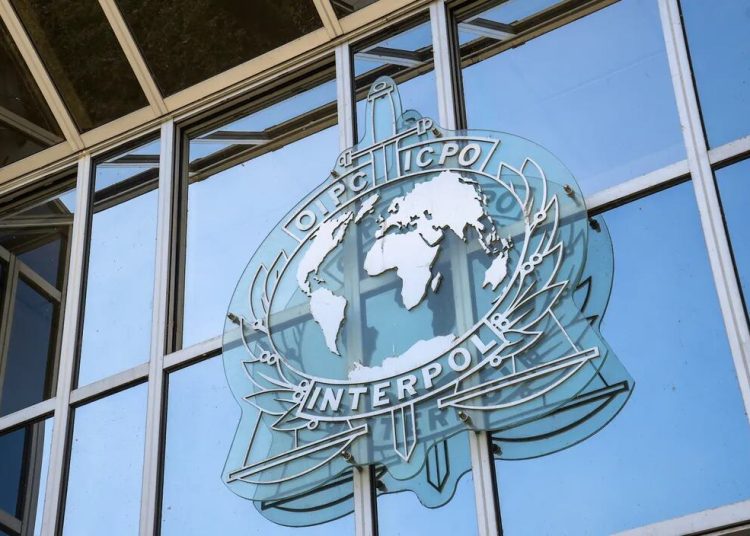The International Criminal Police Organization (Interpol) already has in its hands the National List of terrorists that the Cuban government made public at the beginning of December, which includes 61 people and 19 “criminal entities or organizations based in the United States.”
Although there is no official statement regarding the handing over, Colombian journalist Hernando Calvo Ospina claimed, in an article published in Cubadebate, to have verified that the island’s authorities sent Interpol the list, published in the Gaceta Oficial.
Last December, the department head of the State Security investigative body, Lieutenant Colonel Francisco Estrada, said on Cuban television that several of the people included in the list are on red notice from the International Police.
Likewise, the deputy attorney general, Marcos Caraballo, pointed out that Cuba can request extradition to other nations and also provides for international criminal assistance, such as joint investigations, the seizure of funds and the taking of statements, to carry out effective investigations outside the national border.
The document indicates that those named there have been “subjected to criminal investigations and are wanted by the Cuban authorities,” and were included “by virtue of Resolution 1373 of the United Nations Security Council, international law and the internal legal system” and given “their involvement in the promotion, planning, organization, financing, support or commission of acts carried out in the national territory or other countries, as acts of terrorism.”
In addition, it points out that the Ministry of the Interior considers the existence of “reasonable reasons or bases to include these people and entities or organizations in the National List of terrorists,” for which it affirms that it has “duly documented elements of evidence that satisfy the criteria of designation defined in the international and national regulations mentioned in this Resolution.”
The list is headed by people related, according to what it states, to “consummated terrorist acts” in the 1990s in hotels and other tourist centers in Havana.
Other types of actions also appear, such as “the infiltration of terrorists from the United States along the Cuban coast to carry out violent acts in the province of Villa Clara”; “plans to attack the President of the Republic of Cuba” [Fidel Castro], between 1991 and 2001; in addition to the promotion, financing and organization of terrorist acts carried out in Cuba, between 1991 and 2010.”
The most recent cases point to the derailment of a train that was transporting goods in Mariel; the financing and execution of “activities aimed at destabilizing the social order in Cuba” and public institutions in Cuba.
Likewise, acts of sabotage to the national power system; activities against the functioning of public institutions in Cuba; as well as the incitement to “carry out actions that affect the social order in Cuba, through violent acts against public officials and the normal functioning of socioeconomic entities; as well as promoting armed aggression against Cuba.”
In December, Cuban Foreign Minister Bruno Rodríguez Parrilla accused Washington of “complicity” for “the sheltering, protection and tolerance” that, in his opinion, certain “promoters and commissioners of terrorist acts” against the island enjoy in U.S. territory.
According to the official, the United States “is very aware of the official, public and repeated complaints of the government of Cuba” about the protection that in his opinion Washington offers to people whom Havana accuses of terrorism.










